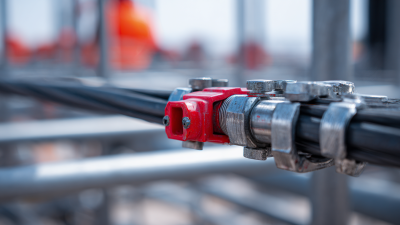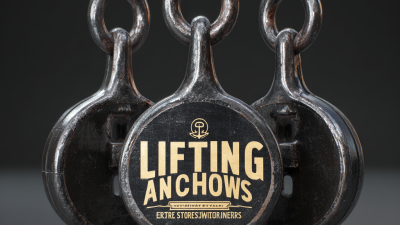Inquiry
Form loading...
In the world of engineering and construction, the selection of machine bolts is crucial for ensuring optimal performance and longevity of any assembly. According to a report by the Fastener Quality Act (FQA), improper bolt selection can lead to assembly failures, which account for approximately 20% of all mechanical failures in high-stress applications. This emphasizes the importance of understanding the various grades, materials, and coatings available for machine bolts. The right choice can not only enhance the structural integrity of projects but also reduce maintenance costs over time. As industries increasingly adopt advanced materials and manufacturing techniques, staying informed about the latest specifications and standards for machine bolts becomes essential for engineers and contractors alike. This guide aims to streamline the selection process, ensuring that professionals can make informed decisions that contribute to the durability and efficiency of their applications.
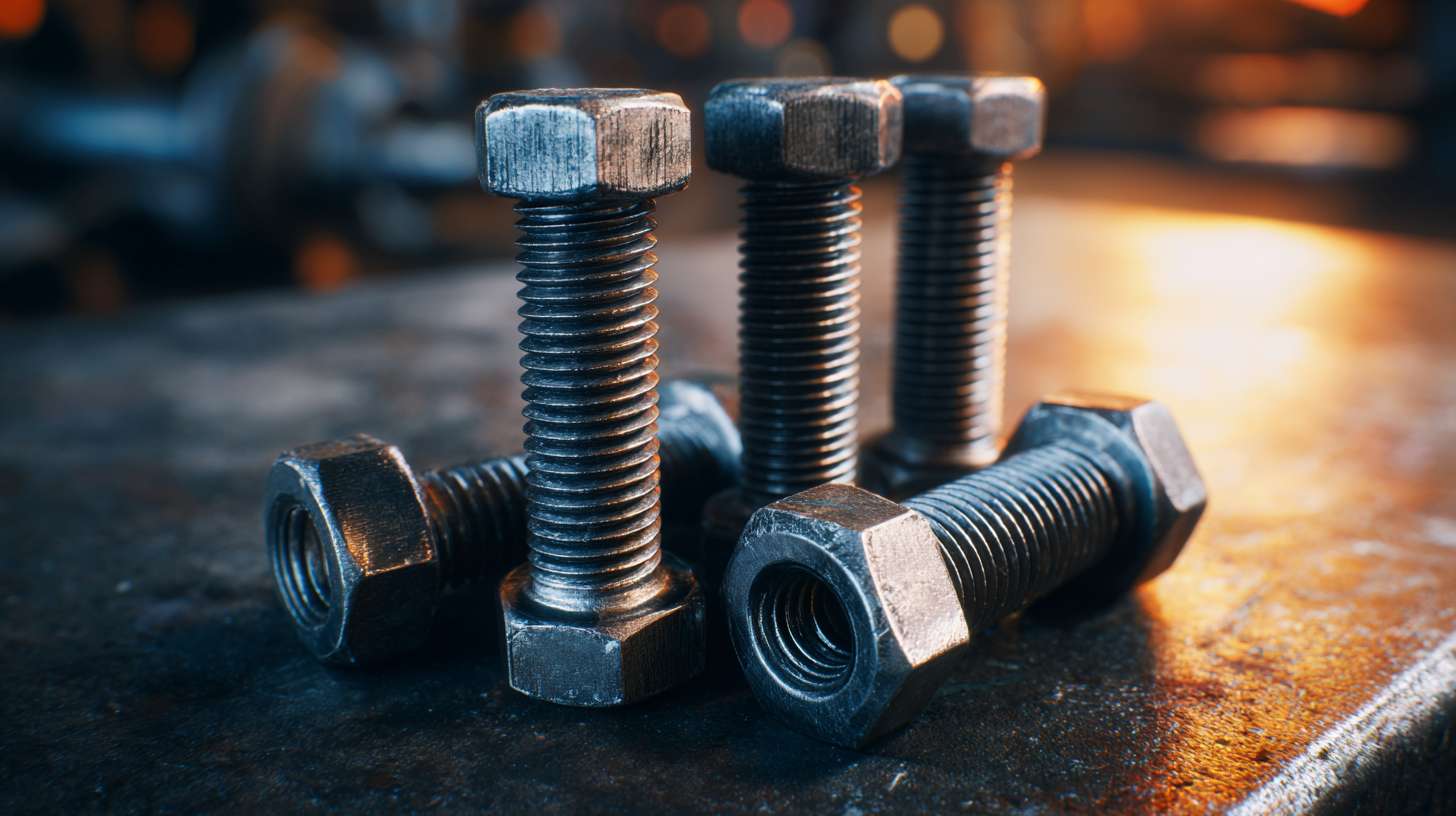
When selecting machine bolts for your project, there are several key factors to consider to ensure optimal performance and durability. Firstly, the material of the bolt plays a crucial role in its strength and resistance to environmental factors. High-strength bolts, often made from alloy steel, are typically recommended for heavy-duty applications. Reports indicate that up to 80% of bolt failures in industrial settings are attributed to material fatigue, making it essential to choose bolts that can withstand the operational stresses they will encounter.
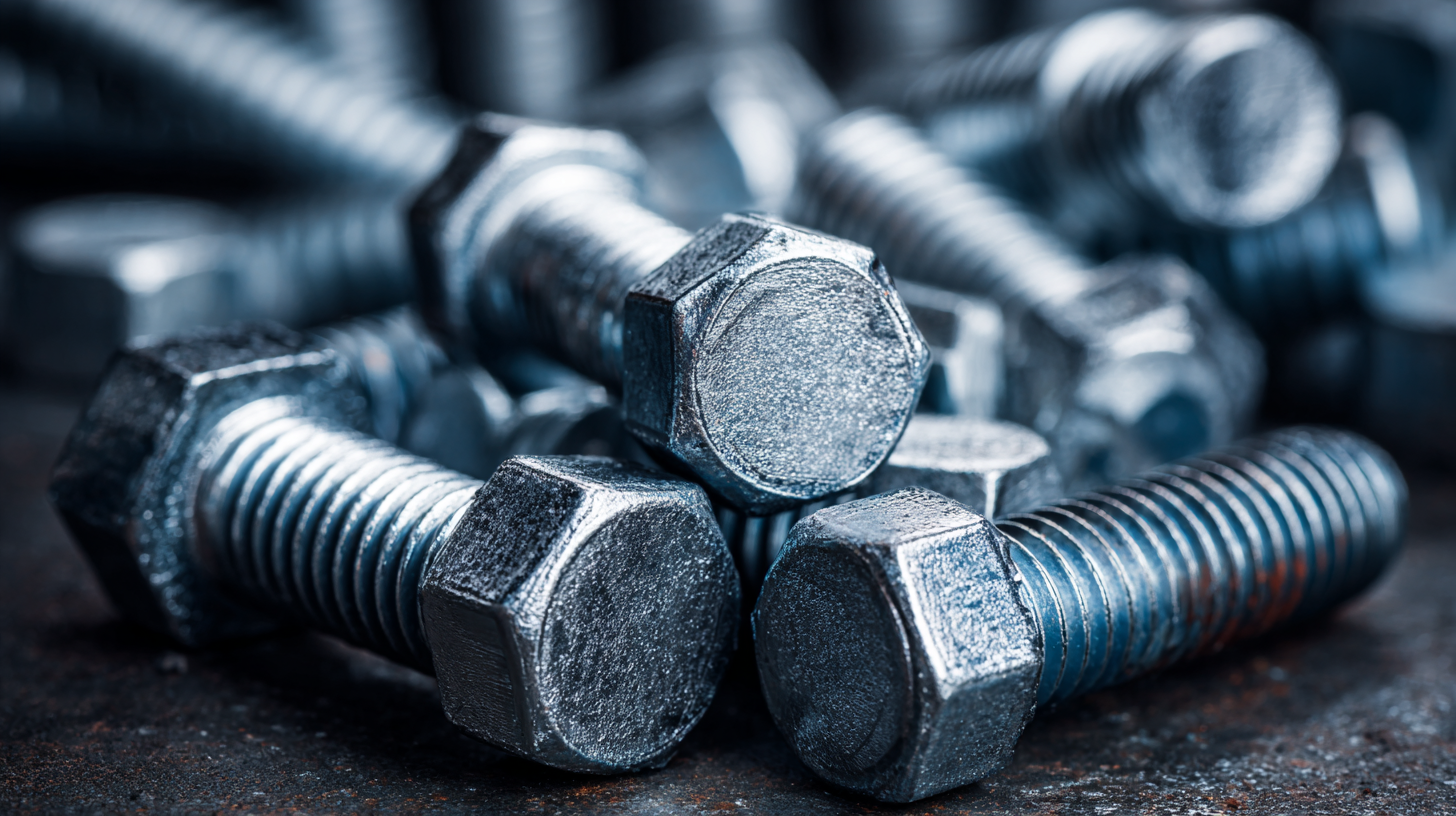
Additionally, the size and thread specifications of the bolt should align precisely with the requirements of your project. Using the correct diameter and thread pitch is vital for achieving the desired clamping force and preventing loosening under dynamic loads. In fact, utilizing bolts that conform to established industry standards can improve assembly efficiency and enhance structural integrity.
Tips: Always refer to manufacturers' datasheets for specifications and performance ratings. It’s beneficial to consult a project engineer to verify that the chosen bolt meets the required load conditions. Furthermore, conducting a fatigue life assessment can be advantageous for high-strength bolts, as it helps predict their longevity under cyclic loading conditions, which is particularly important in applications where reliability is critical.
When selecting machine bolts, it's crucial to understand the variety of options available to meet your specific needs. Machine bolts are typically categorized based on their design, material, and thread type. Common types include hex bolts, carriage bolts, and lag bolts, each serving different applications. For instance, hex bolts, with their six-sided heads, are favored in high-strength applications where torque is essential for secure fastening. In contrast, carriage bolts are designed with a rounded head and a square neck, providing a flush finish, making them ideal for securing wood to metal.
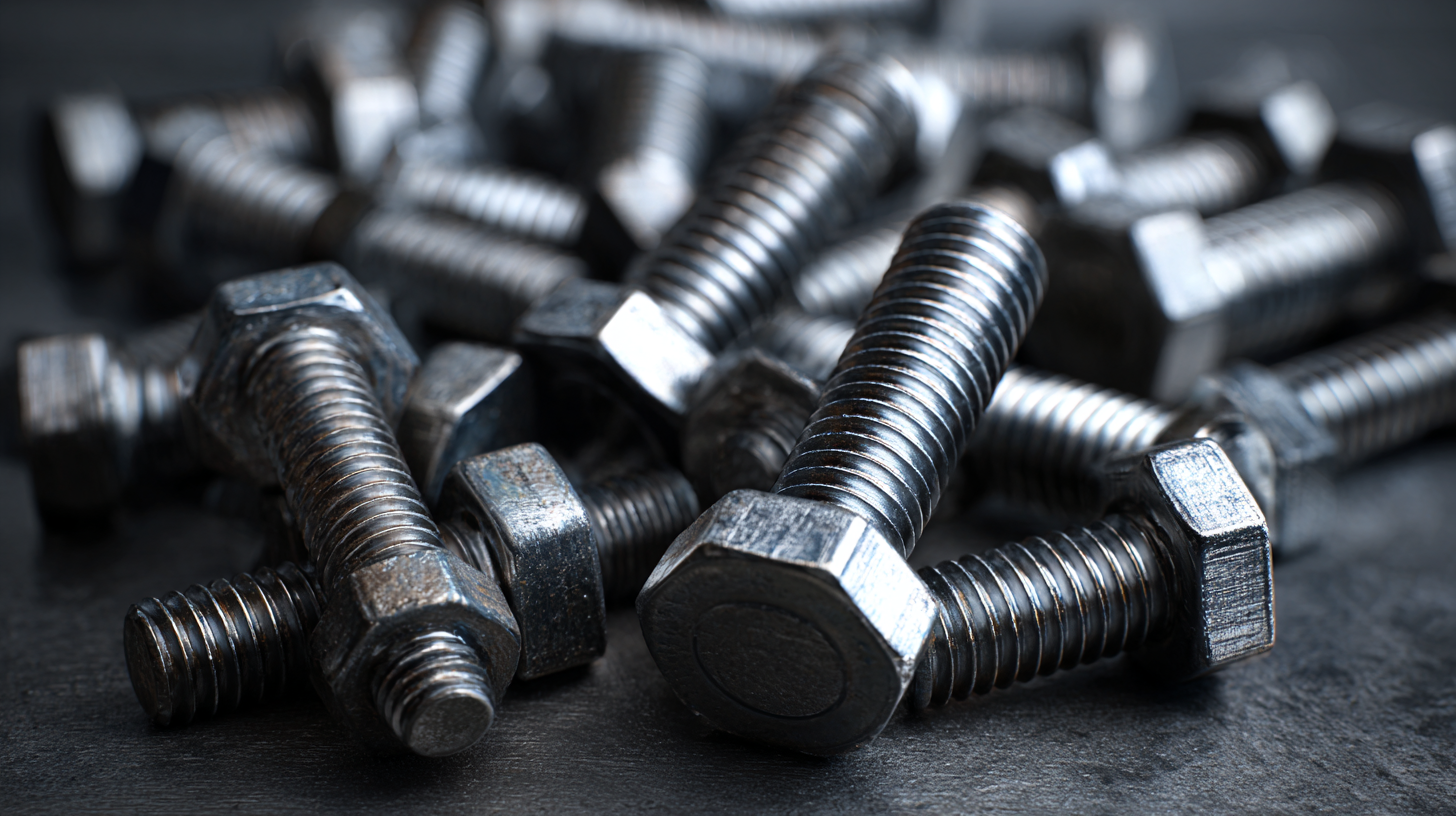
Additionally, the material of the machine bolt plays a significant role in its performance and durability. Steel bolts, often coated with zinc for corrosion resistance, are suitable for general use, whereas stainless steel bolts offer enhanced corrosion resistance in more demanding environments. Understanding the thread type is also important; coarse threads provide better grip in softer materials, while fine threads allow for greater strength and precision in tighter spaces. By carefully evaluating these factors, you can select the right machine bolts that ensure optimal performance and longevity for your projects.
When selecting machine bolts, material choice plays a crucial role in ensuring both longevity and strength. Various materials provide distinct advantages and disadvantages depending on the operational environment. For example, stainless steel offers excellent corrosion resistance, making it ideal for applications exposed to moisture or chemicals. Its strength and durability ensure that machine bolts will maintain structural integrity even under challenging conditions.
Alternatively, carbon steel is another common choice for machine bolts due to its high tensile strength and affordability. However, it may require protective coatings, such as zinc plating, to enhance its resistance to corrosion. In high-temperature environments, materials like titanium or heat-treated alloy steels can be beneficial, providing superior strength and performance at elevated temperatures. Each material's properties should be carefully evaluated against the specific operational demands to select the right bolts that will ensure optimal performance and extended service life.
When selecting machine bolts, understanding the significance of size and thread pitch is crucial for ensuring optimal performance and durability in your applications. The size of a bolt, encompassing its diameter and length, directly influences its load-bearing capacity and suitability for various tasks. Choosing a bolt that is too small can lead to failure under stress, while an excessively large bolt may not fit effectively into the designated space. Therefore, precise measurement and consideration of the load conditions are essential in determining the appropriate size.
Thread pitch, which refers to the distance between the threads, is another vital factor that impacts the effectiveness of the bolt. Coarse threads provide better grip and are ideal for quick assembly or disassembly, while fine threads offer greater tensile strength and are more effective in applications where precise adjustments are needed. Matching the thread pitch to the corresponding nut or tapped hole is imperative to achieve the desired clamping force and prevent stripping or loosening over time. Thus, careful consideration of both size and thread pitch is fundamental in selecting the right machine bolts for various mechanical applications.
When it comes to installing machine bolts, attention to detail can significantly influence performance and durability. Proper torque, for instance, is critical; studies show that nearly 30% of fastener failures are attributed to incorrect torque application. Utilizing a calibrated torque wrench is essential, as it ensures that the bolts are tightened to the manufacturer's specifications. Over-torquing can lead to elongation and fracture, while under-torquing might allow loosening during operation, resulting in catastrophic equipment failure.
Additionally, the choice of installation method is equally important. For heavy machinery, applying a thread-locking adhesive can enhance bolted joint integrity. According to the Fastener Quality Act, nearly 10% of structural failures in machinery are linked to inadequate fastening methods. Moreover, performing regular inspections and maintenance can help preemptively identify any loosening or wear issues. For optimal performance, consider employing a mix of pre-tensioning techniques and periodic re-tightening, which has been shown to retain joint strength over time and contribute to the longevity of machine components.


